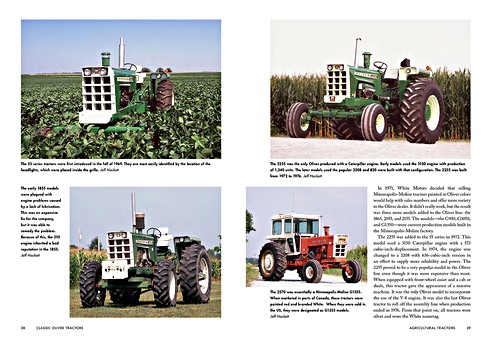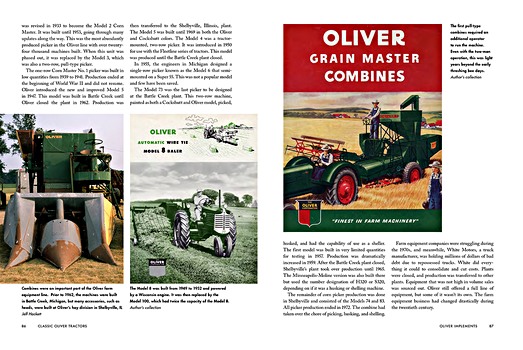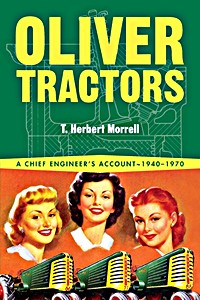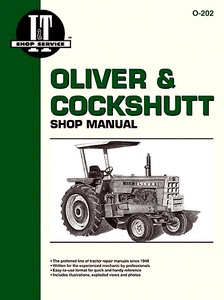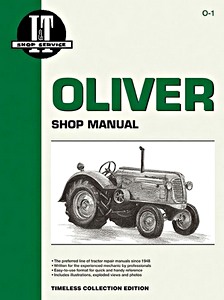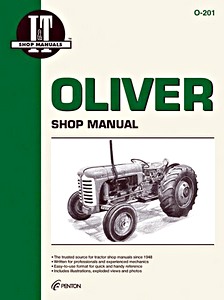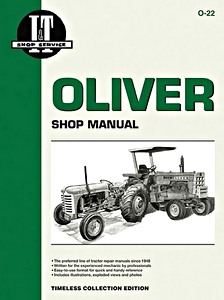A Guide to Hart-Parr, Oliver and White Farm Tractors: 1901-1996
Step back in time and relive more than 100 years of Case farm machinery history from threshing machines and steam engines to gas tractors and even Case cars. Entertaining facts capture the flavor and history of the time, plus an insiders view of the development of early and later tractor models.
Product details
| Author: | Larry Gay |
|---|---|
| Details: | 104 pages, 8.5 x 11 x 0.31 in (21.5 x 28 x 0.8 cm), paperback |
| Illustrations: | many b&w photos |
| Language: | English |
| Publisher: | Amererican Society of Agricultural Engineers (ASAE) (USA, 1998) |
| ISBN: | 9780929355870 |
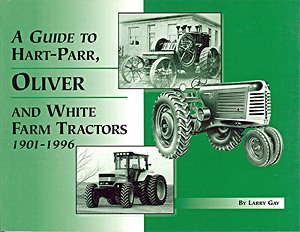
A Guide to Hart-Parr, Oliver and White Farm Tractors: 1901-1996
Language: English
View price, availability, and reviews on Amazon
Buy on Amazon.comBuy on Amazon UK
Buy on Amazon CA

